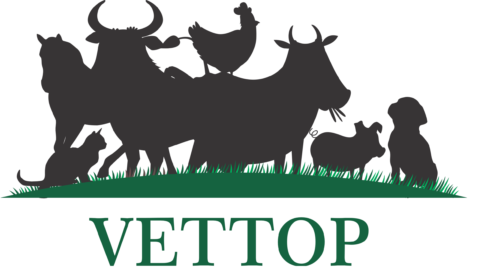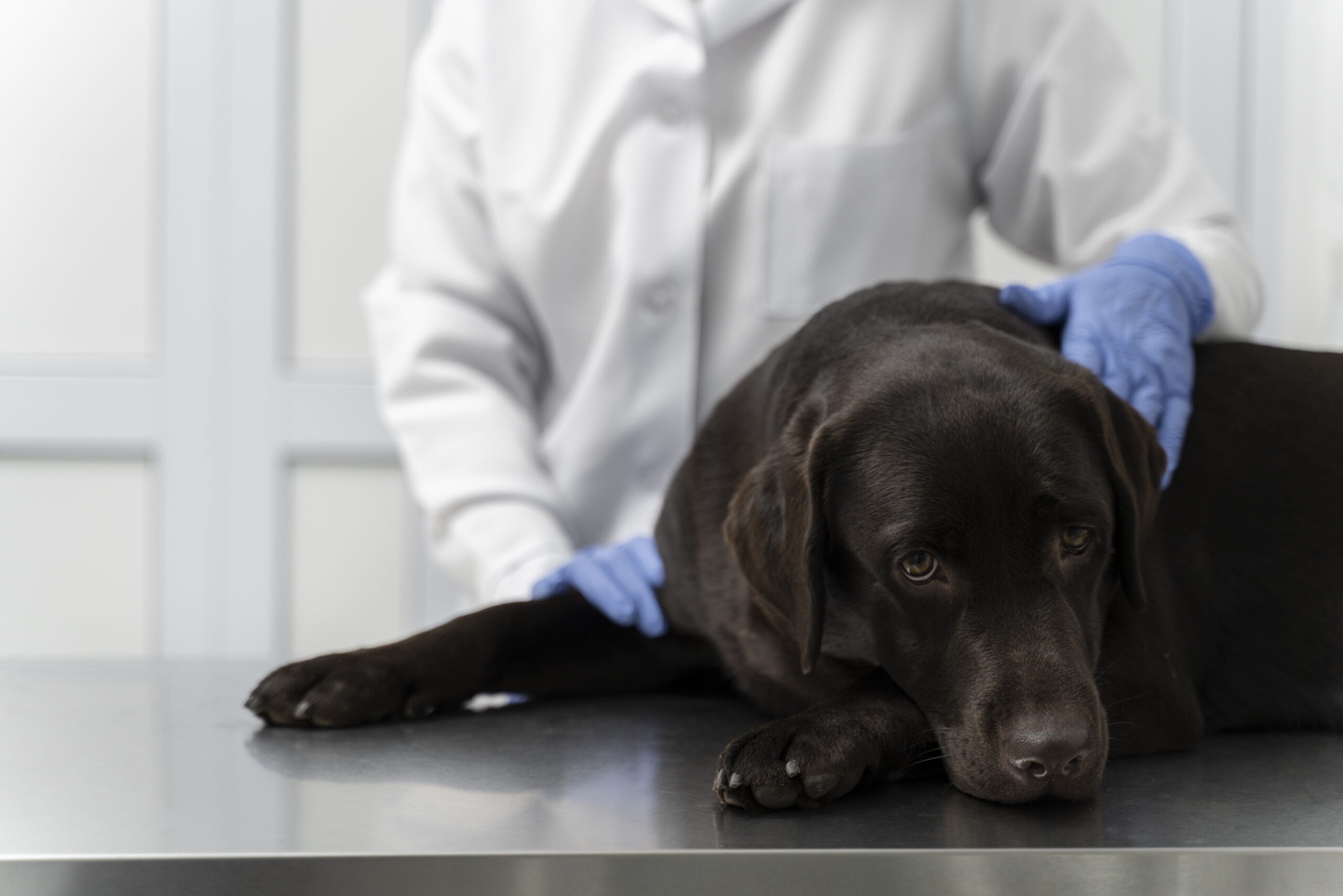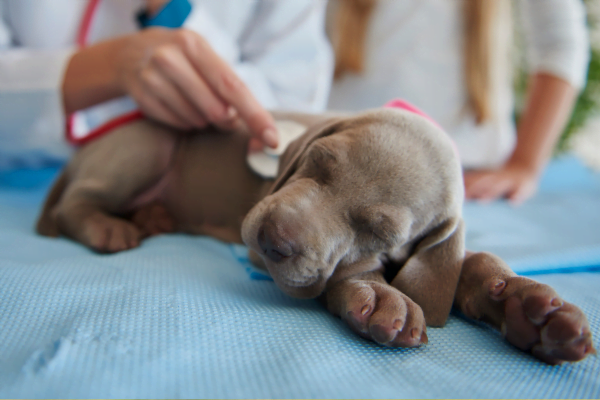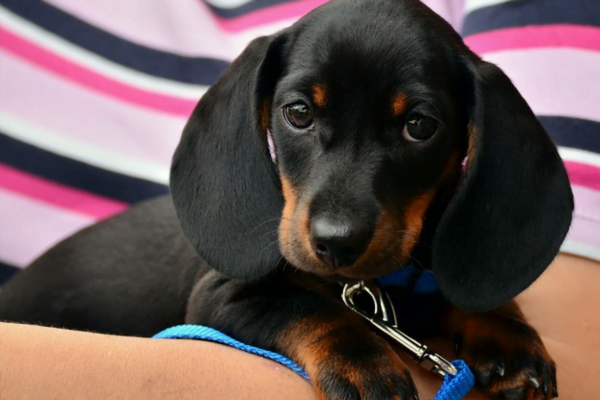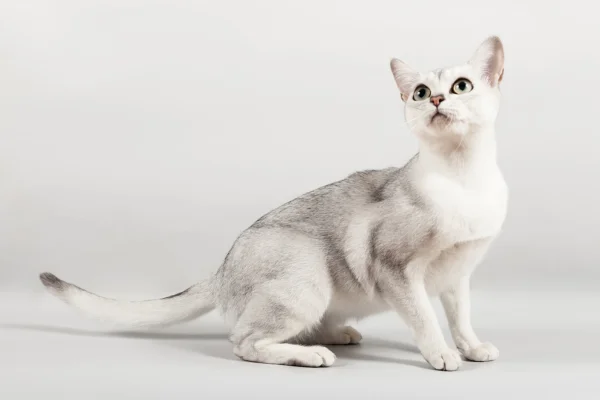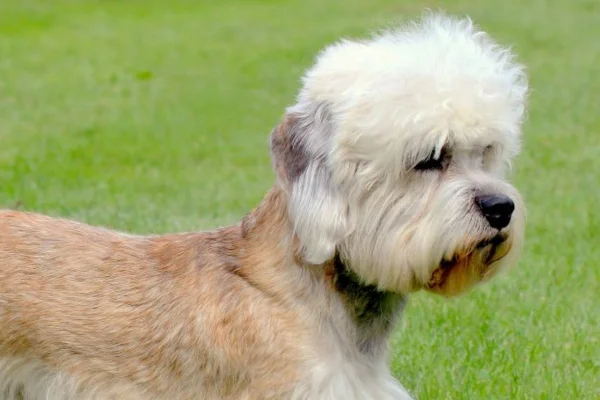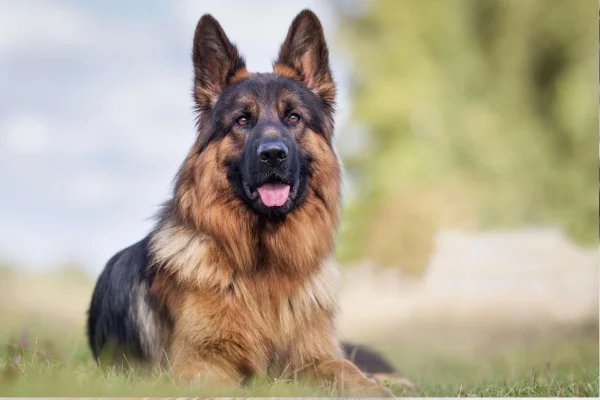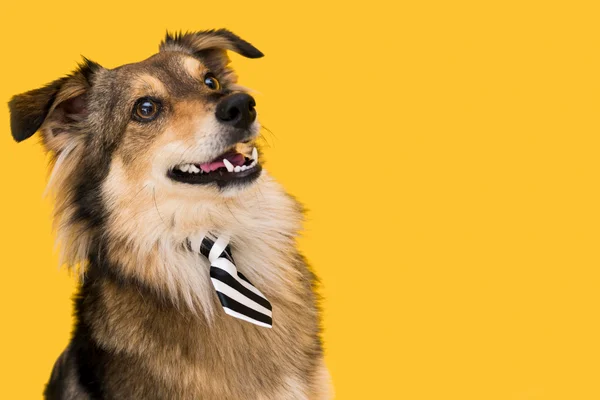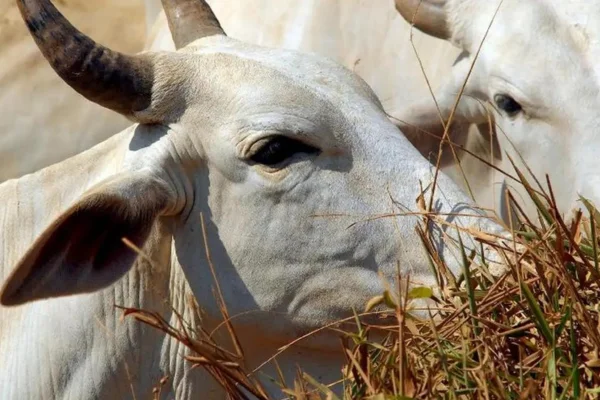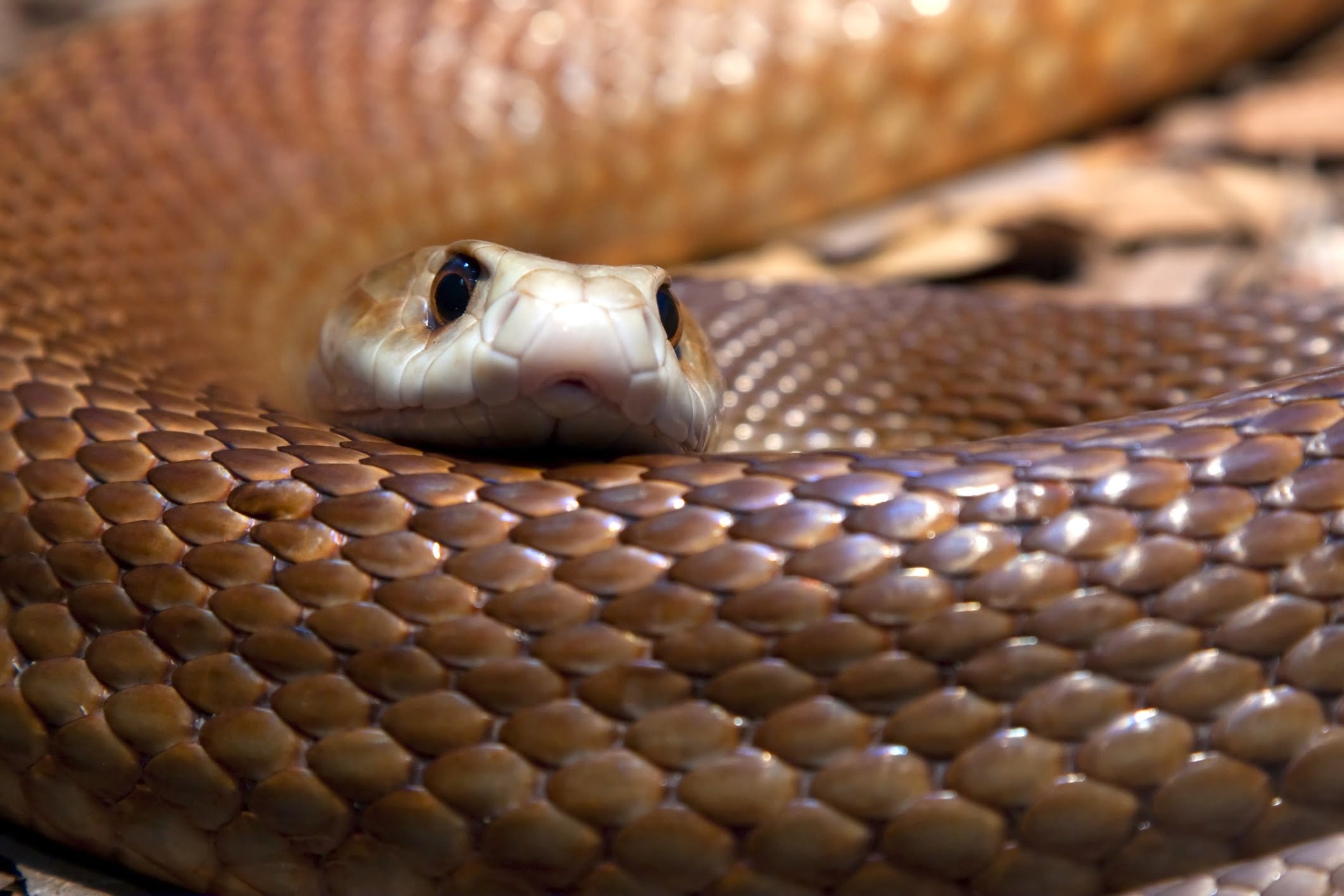Protecting Your Best Furry Friend from Parvovirus with Love
Introduction:
When we think of our furry companions, our hearts fill with joy and affection. They are more than just pets; they are loyal and loving family members who fill our lives with unconditional affection.
However, it's also inevitable to worry about the possibility that they could face serious illnesses, such as canine parvovirus.
This highly contagious viral disease can be devastating, especially for puppies and unvaccinated dogs.
Contents
In this emotional article, we're going to take a deep dive into what parvovirus is, how it's transmitted, its symptoms and, above all, how to prevent and lovingly protect our furry best friend from this treacherous disease.
What is Canine Parvovirus?
When we talk about canine parvovirus, it makes our hearts squeeze.
This terrible disease is caused by two different types of parvovirus: canine parvovirus type 2 (CPV-2) and canine parvovirus type 2c (CPV-2c).
These viruses attack rapidly multiplying cells in the dog's body, especially in the lining of the small intestine, the cells of the immune system and the bone marrow.
Parvovirus is highly contagious and can be transmitted from dog to dog through direct contact with infected feces.
How is Parvovirus transmitted?
Knowing how parvovirus is transmitted is painful, but it's vital information for protecting our four-legged friends with love.
The virus survives for months in the environment, making puppies and unvaccinated dogs especially vulnerable to infection.
In addition, we humans and other animals can also carry the virus on our clothes and shoes, contributing to the spread of the disease.
Symptoms of Parvovirus in Dogs
When our dogs get sick, our hearts get sick too.
The symptoms of canine parvovirus usually appear 3 to 7 days after exposure to the virus, and each sign is a stab in our loving soul:
- Persistent vomiting: Seeing our dogs suffering from frequent vomiting, often with the presence of blood, is heartbreaking.
- Severe diarrhea: Bloody, foul-smelling diarrhea is a hallmark symptom of parvovirus, and our powerlessness to help them is distressing.
- Lack of appetite: Watching our best friend lose interest in eating and drinking is a heart-wrenching pain that quickly leads to dehydration.
- Lethargy and weakness: Our beloved companions can become lethargic and weak, refusing to play or exercise, and this saddens us deeply.
- Dehydration: Frequent diarrhea and vomiting lead to rapid dehydration, further aggravating the animal's condition, and this anguish is hard to bear.
How to Prevent Parvovirus in Dogs
Love is the greatest tool we have to protect our best furry friends from parvovirus.
Here are some important measures that we can take with dedication and care:
- Vaccination: Vaccination is an act of unconditional love to protect our dog against parvovirus.
- Make sure your puppies receive the full series of vaccinations, according to the schedule recommended by the vet.
- Immunization is the best way to prevent our furry companions from suffering from this cruel disease.
- Avoid contaminated areas: As loving guardians, we should avoid taking our dogs to areas where the presence of other animals' feces is common, such as public parks and squares.
Choose safer and cleaner places to walk your pet, protecting them from possible sources of infection. - Proper hygiene: Grooming is a form of affection that we can offer our dogs.
Wash your hands with soap and water after coming into contact with other dogs or animal feces.
Remember to sanitize your dog's paws when you return from walks, protecting them from possible infectious agents. - Isolation of sick dogs: When you suspect that your dogs are infected, isolate them immediately and seek the advice of a loving and experienced vet.
Early diagnosis and treatment can make all the difference to our best friend's recovery.
Conclusion:
Protecting our best furry friend is a mission driven by the deepest love and dedication.
Parvovirus is a disease that touches our hearts, but prevention is the key to keeping them safe.
With unconditional love, let's follow the vaccination schedule recommended by the vet and take all the necessary precautions to avoid exposure to the virus.
Looking after our dog's health is an expression of genuine love, ensuring that they enjoy a long, happy and healthy life by our side.
Together, embracing prevention, we will protect our best friends with all the love and dedication in the world!
Thank you for taking the time to view our other work.
https://vettopbr.com/tosse-em-caes/
